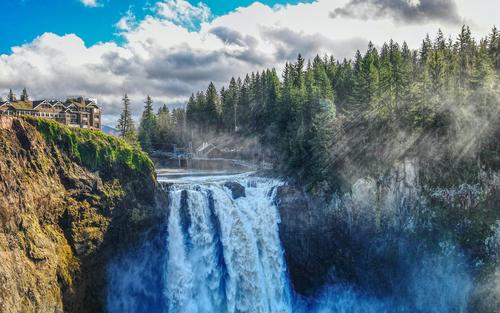The holiday season is a time for family gatherings, gift-giving, and festive decorations, but do you know the origins of these traditions? Many cultural celebrations have roots that date back centuries, and understanding the history behind them can add depth and meaning to our modern-day festivities.
One of the most widely celebrated holidays in the world is Christmas, which commemorates the birth of Jesus Christ. The holiday, as we know it today, blends Christian and pagan traditions that have developed over time. The earliest recorded Christmas celebrations were in the fourth century, when the Roman Catholic Church designated December 25 as the official day to celebrate the birth of Christ.
However, many of the traditions associated with Christmas predate Christianity. The use of evergreen trees, for example, can be traced back to ancient times when many cultures believed that green plants had the power to ward off evil spirits and promote fertility. In northern Europe, the pagans erected evergreen trees, decorated with candles and sweets, as part of their Winter Solstice celebrations.
Another popular Christmas tradition is the exchange of gifts. This can be traced back to the legend of the Magi, who brought gifts of gold, frankincense, and myrrh to the baby Jesus. In the Middle Ages, gifts were often given to those in need, and it wasn’t until the 19th century that gift-giving became more widespread and commercialized.
Christmas music is another hallmark of the holiday, with classic carols like “Silent Night” and “Jingle Bells” played on repeat throughout the season. Many of these songs have religious origins but have been adapted and popularized over time. In fact, “Jingle Bells” was originally written as a song for Thanksgiving, not Christmas!
Food is another important part of Christmas celebrations, with dishes like roasted turkey, mince pies, and fruitcake served in many countries around the world. Some of these dishes have traditional roots, such as the English Christmas pudding, which dates back to medieval times and was made with ingredients like beef, raisins, and spices.
Ultimately, understanding the origins of cultural traditions can help us appreciate the depth and richness of these celebrations. Whether we are celebrating Christmas, Hanukkah, Kwanzaa, or other holidays, these traditions have evolved over time and can teach us valuable lessons about history, culture, and the human experience. So the next time you hang up your Christmas stockings or deck the halls with boughs of holly, take a moment to reflect on the history and meaning behind these beloved traditions.
(Note: Do you have knowledge or insights to share? Unlock new opportunities and expand your reach by joining our authors team. Click Registration to join us and share your expertise with our readers.)
